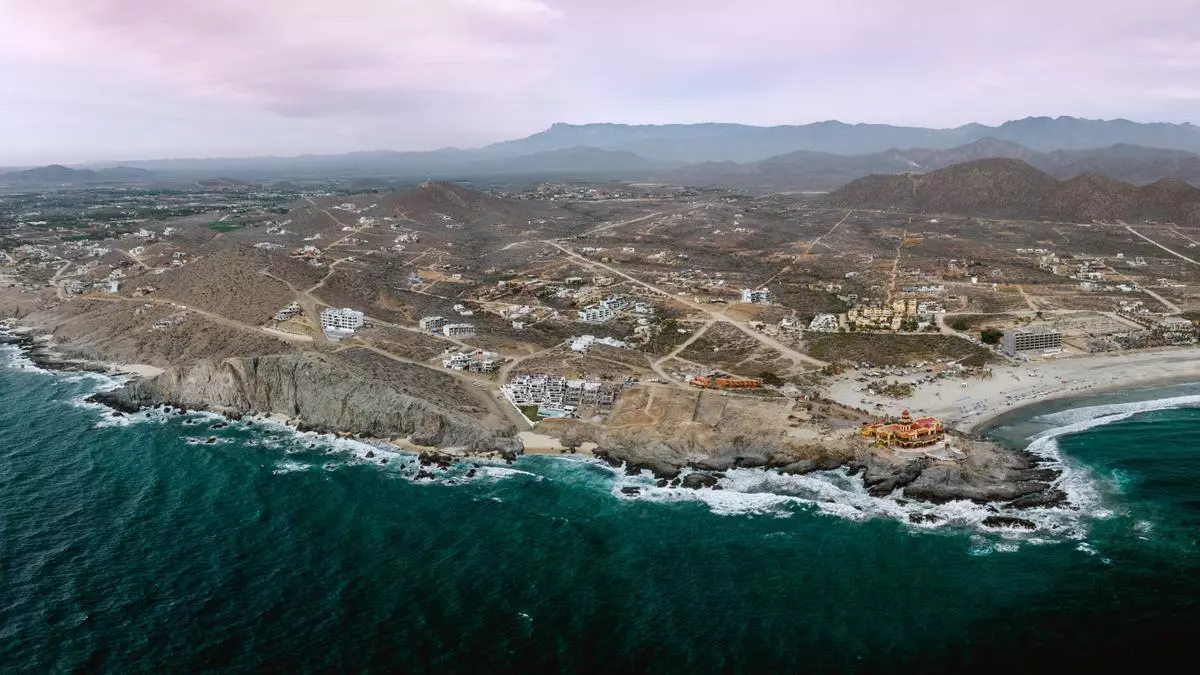The real estate business in Mexico, especially in regions like Baja California Sur, involves several steps and legal considerations for purchasing, selling, and notarizing properties, such as land lots. Here’s an explanation of the process and the key legal aspects you need to know.
Property Purchase
To acquire a lot in Baja California Sur, you must first identify a property that meets your needs. Once selected, it’s important to conduct due diligence. This includes verifying the legal status of the lot, ensuring it is free of liens or legal issues, and that the owner has a clear and registered title with the Public Registry of Property.
The purchase offer is usually formalized through a purchase agreement, where the terms and conditions are agreed upon, including the price, payment methods, and obligations of both parties. It is crucial to have this contract reviewed by a lawyer specializing in real estate to ensure it complies with Mexican laws.
Property Sale
If you are the seller, in addition to the initial steps to market the property (such as valuation and promotion), you must ensure that all legal documents are in order. This includes having the title of property registered and free of any liens, as well as having an updated appraisal of the property, which is necessary for tax purposes.
The sale is finalized with the signing of the purchase agreement and later, with the notarization before a public notary. It is important to remember that in Mexico, taxes on property sales, such as Income Tax (ISR), must be calculated and paid at the time of the sale.
Notarization
Notarization is the legal process by which the transfer of property is formalized. This act must be carried out before a public notary, who is responsible for verifying the legality of the transaction, registering it with the Public Registry of Property, and issuing the public deed. The deed is the legal document that accredits the new owner and must be registered with the Public Registry for the property transfer to be valid and enforceable against third parties.
Legal Aspects
The legal framework in Mexico for the purchase and sale of real estate involves several aspects to consider:
Contracts and Documents: All contracts must be written in Spanish (or have an official translation) and comply with Mexican legal formalities. Additionally, all necessary documents, such as identification, payment receipts, and tax documents, must be in order.
Restrictions for Foreigners: In areas considered “restricted zones” (within 100 km of the border or 50 km of the coastlines), foreigners cannot directly purchase land. However, they can do so through a bank trust (fideicomiso), where a Mexican bank acts as the trustee of the property.
Taxes and Fiscal Obligations: Both the buyer and the seller must be aware of their tax obligations. The seller must pay ISR on the profit obtained, while the buyer must pay the Real Estate Acquisition Tax (ISAI) and cover notary and registration fees.
